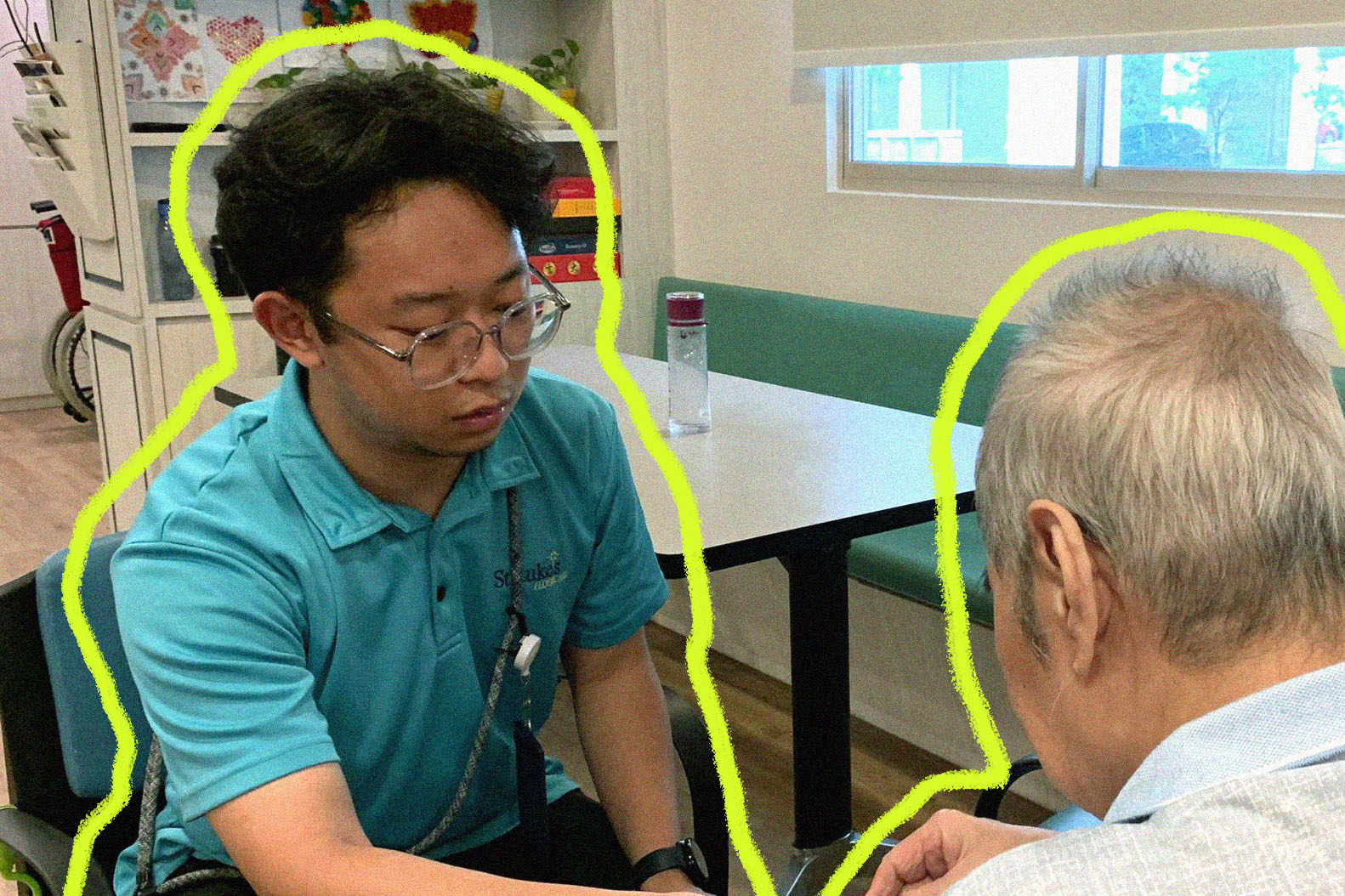Have you ever felt like a fake or fraud in your workplace or school?
Do you often think that you got to your current position by some mistake or fluke, and that one day someone will find out just how inept you are – that you do not belong there? If you have ever had those feelings before, you have probably encountered imposter syndrome.
Imposter syndrome is the belief that you are not worthy and a failure, despite evidence that you are highly skilled and quite successful. A 2011 study found that 70% of the US population has experienced imposter syndrome. Even the great Albert Einstein had similar feelings.

As a lowly graduate student, feelings of inadequacy are commonplace in academia; I have spoken about these feelings to fellow graduate students and even those who have received their PhDs.
But why do we have such feelings of inadequacy despite the fact that we have worked our way to our stations in life? Why do we believe that our current positions came about by random chance or even by mistake?
… there will always be someone smarter or more capable than us.
Growing up in meritocratic Singapore, we are taught since young that we can achieve whatever we want as long as we work hard and do well in school. Grades or various achievements become the way of judging a person’s worth in society.
But as we progress in life, we learn that there will always be someone smarter or more capable than us. This may give rise to the idea that we will never be good enough as there are always others as good as — if not better than — ourselves.
So our accomplishments lose their worth in our sight – overshadowed by others’ achievements, our perfectionism and inferiority complexes.
Looking at my own life, I was blessed with decent academic grades in secondary school and was later awarded a scholarship in junior college.
This enabled my full ride to university on a government scholarship. However, being in an ultra-competitive course made me question my worth in university. Was I truly meant to get that scholarship or even be in that course despite others being better than me?
Even when I published papers and got a place in graduate school, there were still days I wondered if I was suited to pursue a PhD. The academic’s life is stressful, filled with self-doubt and the belief that you will perish if you do not publish papers. And all these stresses are compounded by the fact that it’s common for experiments to fail and to get negative results.
The combination of high expectations and being a perfectionist led to many days of wondering if I was just some fake in the lab.
Even in church, according to the affirmation of others and a test for spiritual gifts, I supposedly had the gift of teaching. However, there are days in cell when I wondered to myself, am I supposed to be teaching? I did not feel equipped to teach myself, let alone my cell group members.
I doubted my abilities to convey God’s Word appropriately and accurately. Even though I have been teaching for over a year, these feelings still seem hard to shake off.
Moses probably had these same feelings when he met God at the burning bush.
Despite all the signs demonstrating that God was with him, Moses still said he was “slow of speech and of tongue” (Exodus 4:10). God used Moses to work signs and wonders for Egypt and Israel, for them to see who God was, yet Moses suffered a lack of self-confidence when it came to delivering the message.
We all know the conclusion of Moses’ story. He and his brother Aaron eventually led Israel out of Egypt, and Moses showed that he was more than an eloquent speaker in Deuteronomy 4. In Deuteronomy 32, God even gives Moses the words for a song for Israel.
So much for someone who said he was slow of speech and of tongue. God is greatly glorified in our worst weaknesses. Our worth is not measured by our achievements and abilities (or a perceived lack of them). Nothing will help alleviate these feelings of imposterism.
God is greatly glorified in our worst weaknesses.
Our worth can only be centred in the God who equips us for His purposes. There are three lessons from the Bible to help remind us of our great purpose in Christ and fight off imposter syndrome.
3 TRUTHS ABOUT OUR IDENTITY
1. We are made in God’s image (Genesis 1:27)
This is a monumental privilege. Since we have been made in the Creator’s likeness, we dishonour God when we constantly debase ourselves.
2. We are a chosen people, a royal priesthood (1 Peter 2:9)
This is who we are by virtue of Christ’s sacrifice on the cross and resurrection. Like Moses, God sees beyond our weaknesses and has chosen us to be priests to serve Him. We may not know why God calls us to serve Him in specific areas, but we are not to say that we are inadequate or too imperfect to serve.
After all, He “chose the foolish things of the world to shame the wise; God chose the weak things of the world to shame the strong” (1 Corinthians 1:27).
3. We are children of God (1 John 3:1-2)
How blessed are we that we are children of the risen and living God and all our worldly achievements are incomparable to the very fact that we are risen with Christ.

If you ask me whether I have truly shaken off feeling like an imposter, I have to honestly say no as it is not something that I can overcome overnight.
But I will proudly proclaim that I am imperfect and am not worthless in the sight of the Creator. He has a greater plan for me and for my weaknesses (2 Corinthians 12:7-10).
May we continue to identify with Christ and not be distracted by the secular ideas of self-worth and worldly achievement.









